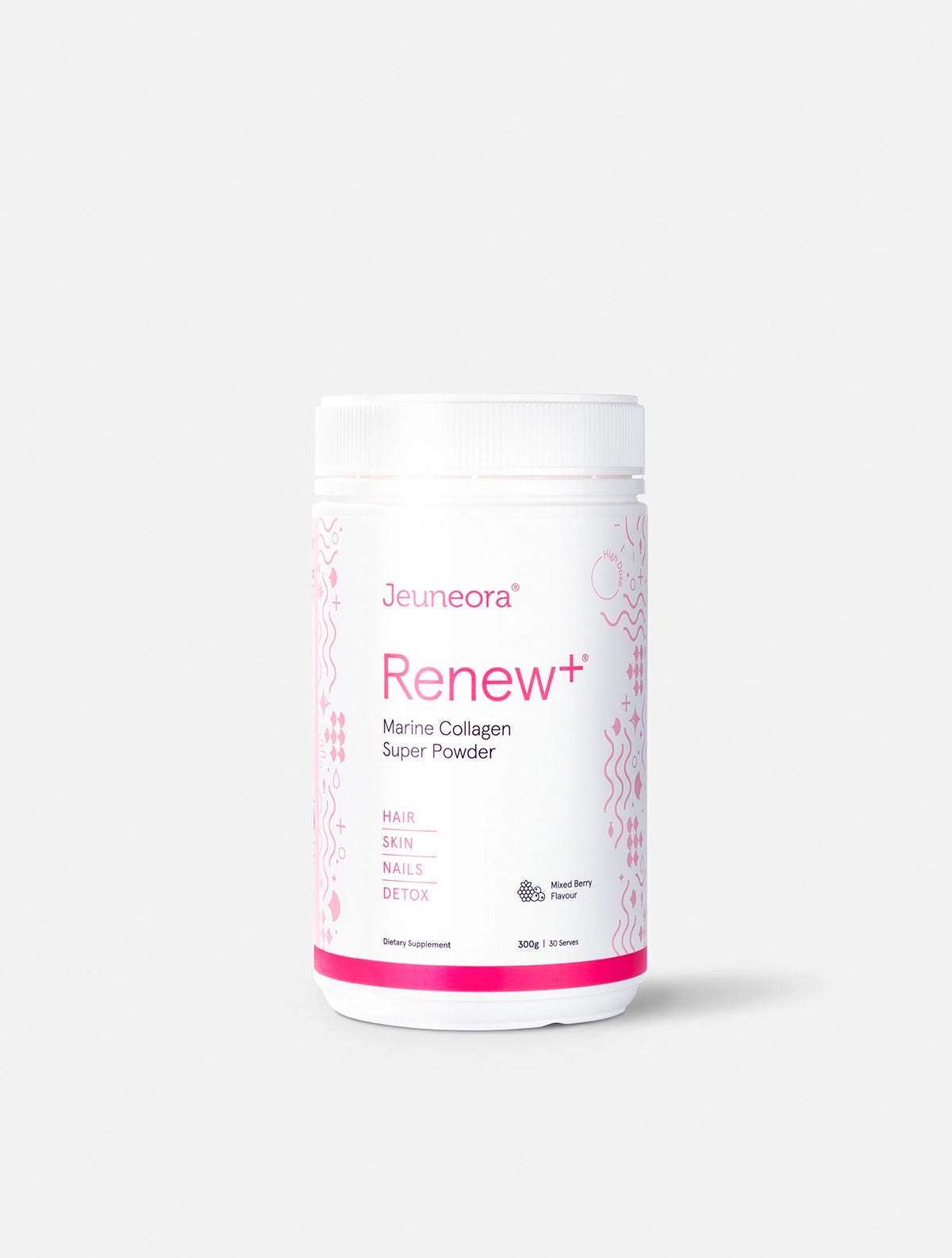
Winter is coming... It's unavoidable, and unless you can afford to travel the world in search of an endless summer, it's best to throw on your puffer jacket and face it prepared!
That said, here are some tried and tested tips that may help you feel a little less "blah", and a little more "ahhhh"
Make your environment brighter.
When your body is craving more daylight, opening blinds and curtains, trimming back tree branches, and sitting closer to windows can also help provide an extra dose of sunshine.
Exercise.
A 2005 study from Harvard University suggests walking fast for about 35 minutes a day five times a week or 60 minutes a day three times a week improved symptoms of mild to moderate depression. Exercising under bright lights may be even better for seasonal depression: A preliminary study found that exercise under bright light improved general mental health, social functioning, depressive symptoms, and vitality, while exercise in ordinary light improved vitality only.
Turn on the tunes
In a 2013 study, researchers showed that listening to upbeat or cheery music significantly improved participant’s mood in both the short and long term. Hey, as long as we don't have to listen to the Frozen soundtrack on repeat we are all for turning on and turning up the tunes!
Surround Yourself With Good People
If there are people who irritate you or make you feel badly about yourself, curtail the time you spend with them (if you must spend time with them at all), and spend more time with people who bring out the best in you. Who you surround yourself with is so important, make sure they are people who love and support you and are not toxic.
Get some quality sleep and eat well!
Winter can contribute to more hearty dense carbohydrates and a feeling of craving comfort foods in the form of sugar.These types of foods impact the body's hormone levels.
The hormone leptin is also influenced by eating a surplus of these types of foods. The change in the levels of leptin in the body ends up disrupting the sleep cycle, and these disruptions will cause the body to further alter hormone levels.
Additionally melatonin regulates the body's sleep-wake cycles. Lack of light during winter can cause the body to produce more of the chemical, making the body feel tired and sluggish.
When our sleep cycle gets disrupted, we wind up craving those foods more and we don't know when we're full. If we continue to eat like this, it will affect our sleep… it's a vicious cycle.
Having trouble sleeping in winter? Here are some tips from Dr Lichtenstein
- Set a routine.
- Set the room temperature to be cool and comfortable, but not too dry.
- Turn off electronic equipment an hour or two before going to bed.
- Get moving or get some exercise everyday.
- Try to relax before going to sleep.
- Get some light exposure everyday.
- Try not to eat three to four hours before going to bed
Taking collagen in winter
You can also jump start your body before winter finally hits by using your Jeuneora products (Jeuneora Marine Collagen and the Plant Based range too!
Here are some of the ways it supports you during the winter:
Supports skin heath
Collagen is essential for supporting your largest organ, your skin, strong and elastic, plus it aids in hydration and helps to repair wounds. Certain studies have found that using collagen peptides (hydrolysed collagen) for at least two months helps improve skin elasticity and skin moisture. In addition to fighting dry and irritated skin this winter, collagen peptides can help to support the growth and strength of your nails and hair.
Helps you stay active
You can think of collagen as the “glue” that helps hold the body together because it’s important for supporting cartilage and prevention of joint or tendon stiffness, swelling, instability and pain. Whether you head indoors this time of year to get some movement or brave the cold outside, collagen (such as the type II collagen found in our Whey protein Repair and Recovery Range) supports your exercise recovery and muscle growth. Glycine and arginine, two of the most important amino acids found in collagen, play a role in helping to form and repair muscle tissue, healing injuries, sparing tissue wasting, boosting the metabolism, and aiding in proper growth and development. Additionally, collagen may even help by supporting uncomfortable symptoms of arthritis and improve functionality during everyday activities.
Supports gut health and immunity
Inside your digestive system collagen is used to form and repair connective tissues, keeping the protective lining of the gastrointestinal tract strong. Poor gut health, characterised by changes in microbiota and intestinal permeability, among other issues, can kick off inflammatory responses that affect the entire body. Because the amino acids in collagen build the tissues that line the colon and GI tract, collagen may help to support gastrointestinal disorders and related issues—like malabsorption of nutrients, autoimmunity, eczema, fatigue, brain fog and more. Considering that you’re more susceptible to illnesses like colds and the flu during the winter, especially if your immune system is already weakened, collagen can be valuable for helping you absorb nutrients from your diet properly and keep inflammation under control.
We hope that you find that helpful, and that you have the best winter you've ever had.
“If we had no winter, the spring would not be so pleasant: if we did not sometimes taste of adversity, prosperity would not be so welcome."
[Meditations Divine and Moral]”
― Anne Bradstreet
Credit to the following for original surviving winter content:

